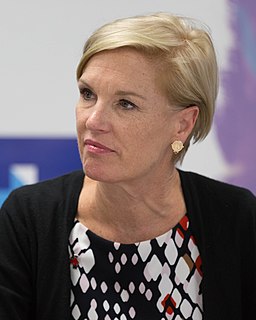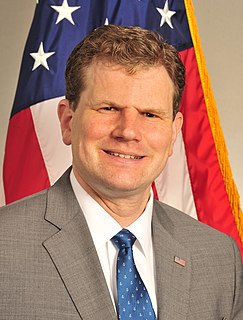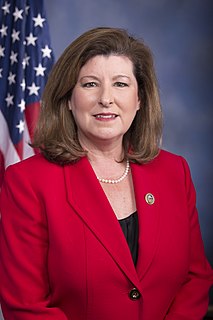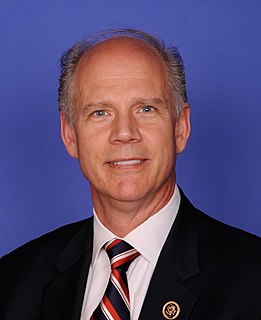A Quote by Cecile Richards
I think we're all fighting for the day in which partisan politics is no longer something that is used to attack women's access to health care.
Related Quotes
I think basic disease care access and basic access to health care is a human right. If we need a constitutional amendment to put it in the Bill of Rights, then that's what we ought to do. Nobody with a conscience would leave the victim of a shark attack to bleed while we figure out whether or not they could pay for care. That tells us that at some level, health care access is a basic human right. Our system should be aligned so that our policies match our morality. Then within that system where everybody has access, we need to incentivize prevention, both for the patient and the provider.
In addition to being an economic security issue, the failure to pay women a salary that's equal to men for equal work is also a women's health issue. The fact is that the salary women are paid directly impacts the type of health care services they are able to access for both themselves and their families.
Although a government study found that men's health was much worse than women's health or the health of any minority group, headlines around the country read: 'Minorities Face Large Health Care Gap.' They did not say: 'Men Face Large Health Care Gap.' Why? Because we associate the sacrifice of men's lives with the saving of the rest of us, and this association leads us to carry in our unconscious an incentive not to care about men living longer.






































